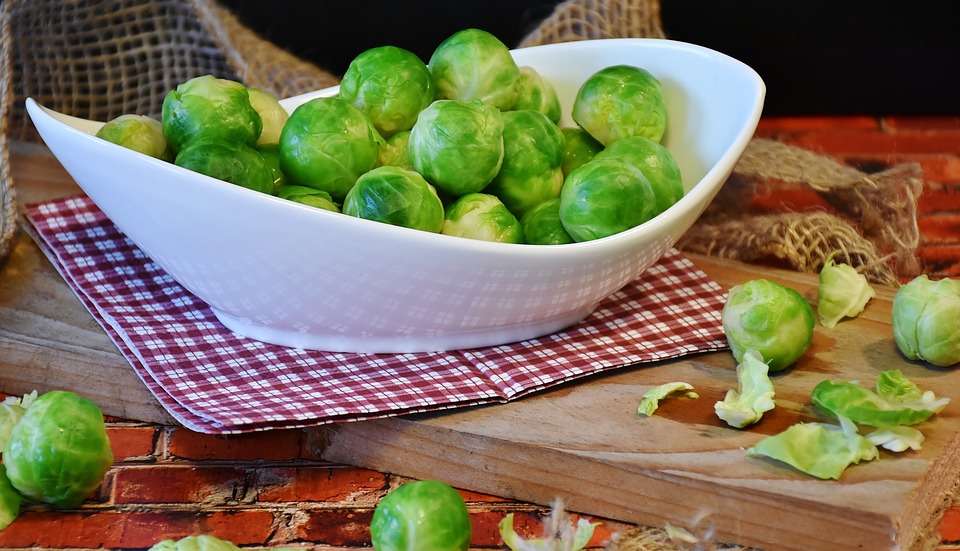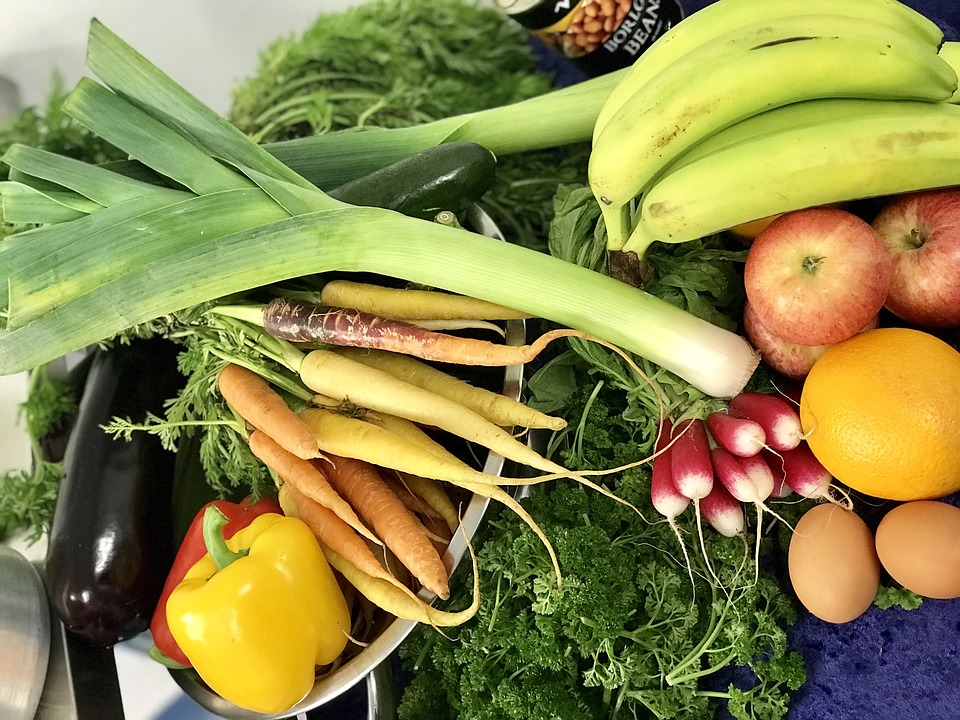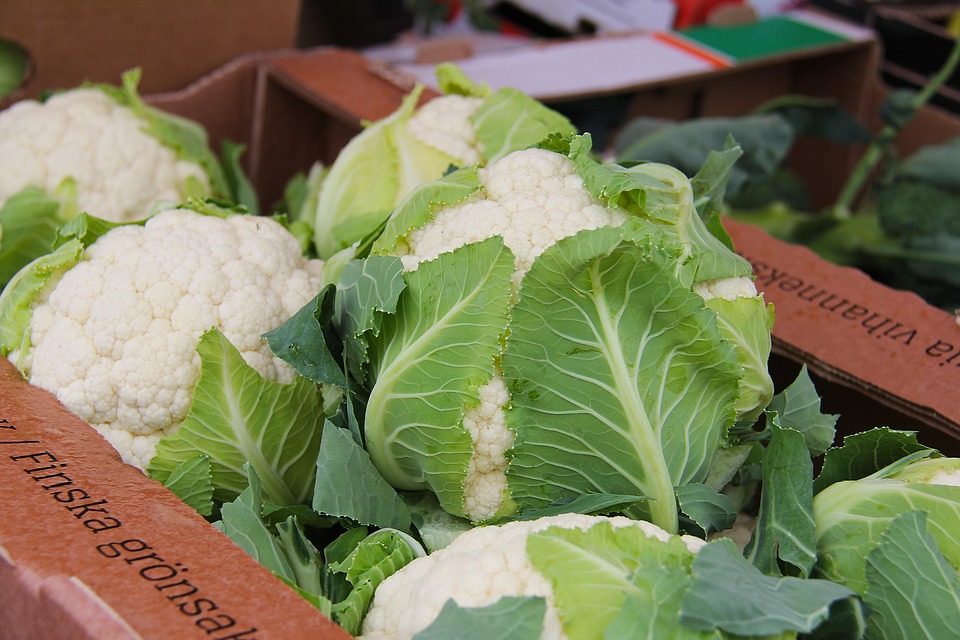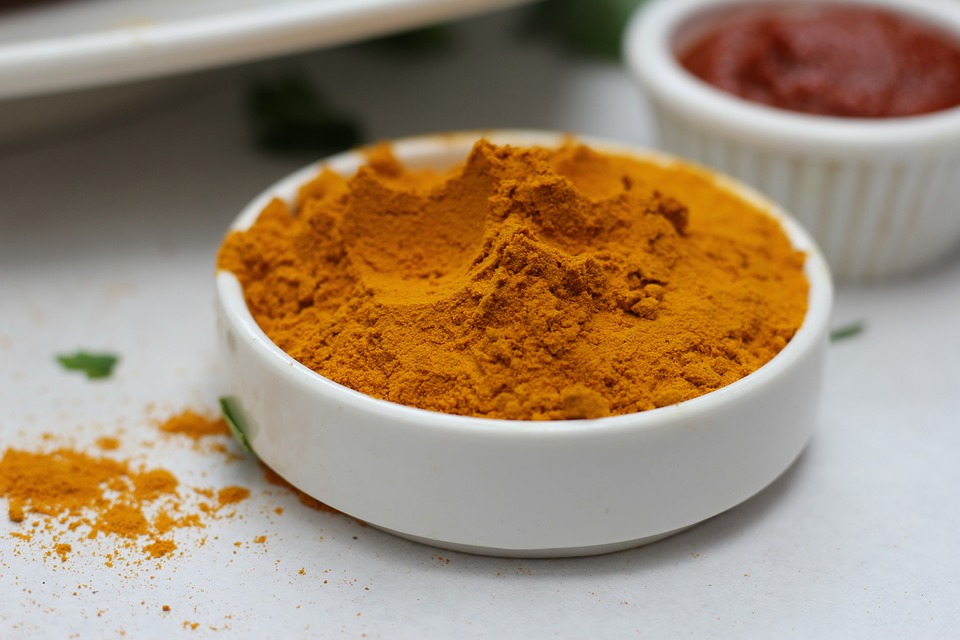Anti-Inflammation Diet
Eliminating Pain and Unpleasantness
We've all suffered from inflammation at times. Still, if you follow an anti-inflammation diet and try your best to eliminate inflammatory foods, you'll have a much better chance of staying fighting fit without all the pain and unpleasantness associated with inflammation. Inflammation, as we all know, can be a real pain in the neck and a lot of other places in our body too. Think of it as a wake-up call letting you know that something is amiss.
It may take some work on your part, but you can certainly use it as a tool to heal yourself. Some of the things you'll also need to take into consideration is controlling your blood sugar, losing weight, managing your stress levels and making an effort to exercise more regularly.
We'll also take a look at some of the foods that cause all this inflammation in the first place, so we know what we should avoid. Hard to believe, but inflammation is something we wouldn't be able to survive without it. An excellent example of this is when we get hurt; it's inflammation that causes our body's natural defence system to kick in and send white blood cells rushing to the scene of the accident to help.
However, on the downside, inflammation can also kill us. Prolonged or chronic inflammation is known to contribute to conditions such as Alzheimer's, arthritis, asthma, diabetes, depression, hay fever and heart disease. Research has shown that inflammation could be a breeding ground for cancer cells to thrive, thus aiding in the development of tumours, whether benign or malignant.
It's also the root cause of all illness as chronic inflammation happens when the immune system continually releases harmful inflammatory chemicals even when there's no injury to fight off. But the most frightening part is that it can develop over months or years, making it difficult always to know that it's taking place. Now if that's not a wake-up call, you're probably dead already.
Brussels Sprouts
Anti-Inflammation Diet and the Common Cause of Illness
I always tell friends and family that the common cause of all our illnesses is simply an unhealthy diet. That is overeating processed food high in saturated fats, refined carbohydrates and sugar. The answer I keep hearing is - but this unhealthy food tastes so good. What they don't realise is that their taste buds are all messed up, and now they cannot savour the flavour of real food anymore.
Shining light at the end of the tunnel is possible for those of you looking forward to a healthier eating and drinking plan. And for this, you can control the amount of inflammation in your body. The nutrients you get with an anti-inflammation diet appear to dampen the production of the harmful chemicals that trigger inflammatory processes.
Your body creates both inflammatory and anti-inflammatory chemicals called prostaglandins. Eating the wrong food will lead to the creation of excessive amounts of inflammatory prostaglandins. On the other hand, nutrients in healthy foods allow your body to produce more anti-inflammatory prostaglandins, thus reducing inflammation.
There's a good chance you may need to take a closer look at the food you've been accustomed to and make a few adjustments. In simple terms, get to know which food is good to eat and which to limit or avoid altogether. The bottom line - It's about eating more vegetables, fruit, nuts, whole grains and a few other bits and pieces. So shall we get right on down to the nitty-gritty of both the anti-inflammation diet and the pro-inflammatory foods? This way you'll know a little bit more about what food is right for you and what foods you should try to avoid.
Fruit and Vegetables
Anti-Inflammation Diet versus Pro-Inflammatory Foods
While an anti-inflammation diet is excellent for optimum health, a pro-inflammation diet is an exact opposite. But before I go into all the good stuff, below is a list of pro-inflammatory foods you should avoid altogether, or at the very least, consume with caution. That means, not more than once a week.
- White Bread and Pasta.
- Red Meat.
- Processed meats such as bacon and sausage as they are high in saturated fats as well as linked to certain cancers.
- Trans fats you get with fried takeaways and commercially baked goods such as biscuits and cakes.
- Commercially produced fruit juices, soft drinks and ice teas as they all contain high levels of sugar.
- Tomatoes, potatoes, and eggplant, also known as brinjals. Not only because they all belong to the nightshade family, but because they tend to promote inflammation, especially if you have a history of inflammation-related illnesses.
- White bread and white pasta
- Vegetable oils such as sunflower oil, soya bean oil and canola oil.
- Sugary snacks such as sweets, desserts and processed chocolate as they all contain excessive amounts of sugar, and linked to increased risks of inflammation as well as obesity
- Excessive alcohol intake because of the high consumption linked to inflammation in numerous organs.
Papaya
Anti-Inflammation Diet - Fruits
Cranberries
Cranberries inhibit the growth of certain cancerous tumours. The protective mechanism is the anti-inflammatory action of this sweet, red berry. Cranberries have also shown to reduce harmful cholesterol levels. Just be cautious drinking the juice as it can be laden with sugar. Instead opt for eating the whole fruit, whether on its own or as a topping for a bowl of cereal or in your salad.
Cherries are another fruit source that will significantly reduce inflammation. The fruit's anti-inflammatory power is attributed to antioxidant compounds called anthocyanins which give it its vivid colour.
Grapes
The antioxidant Resveratrol found in the skin of Grapes helps fight inflammation. Grapes can also do wonders if you're struggling with heart disease. Grapes help lower inflammation levels in the blood. After washing them, keep some in the fridge to enjoy as a quick pick me up snack. If you have diabetes, you may want to consult with your GP to see if grapes are okay to eat. The reason for this is that grapes are high in sugar.
Papaya, Pineapple and Apple
Eating Papaya, pineapples and apple help in the fight against inflammation. Papaya contains the enzyme papain, which, along with other nutrients such as vitamin C and E, improves digestion and helps reduce inflammation. Pineapples contain bromelain, which you'll find in several natural anti-inflammatory supplements for arthritis. And Apples have a high concentration of quercetin, a flavonoid also present in onions and tea.
Avocado and Avocado Oil
Healthy fats found in Avocado and Avocado Oil are suitable for the heart and help fight inflammation. Both contain high levels of vitamin B6 as well as omega 3 and 6.
Avocado
Anti-Inflammation Diet - Vegetables
Broccoli, Cauliflower and Brussels Sprouts
They may not be your favourite veggies, but cruciferous vegetables such as Broccoli, Cauliflower and Brussels Sprouts are highly nutritious and contain anti-inflammatory nutrients. They also aid in liver detoxification and in doing so, help your body get rid of potentially dangerous and often deadly chemical compounds.
Sweet Potatoes are not only anti-inflammatory, but they are also lower in glycemic index (GI) than the more common potato. Sweet potatoes are rich in fibre and health-boosting beta-carotene, manganese as well as vitamin B6 and vitamin C.
Sea vegetables contain fucoidan, a type of complex carbohydrate that has anti-inflammatory properties. Sea vegetables are low in calories and celebrated as a detoxifying food. Its high fibre content also helps keep you satisfied, thereby promoting weight loss.
Cauliflower
Anti-Inflammation Diet - Herbs and Spices
Ginger can help reduce the pain should you suffer from osteoarthritis and its anti-inflammatory properties. For those of you who take ginger extract twice daily, you'll have less pain and need fewer painkillers than if you receive a placebo. You can also add thin ginger slices to a cup of hot water or add it to your green tea. Just don't take more than four grams a day. Pregnant women should not take more than one gram daily.
Turmeric contains a natural anti-inflammatory compound called curcumin as well as antioxidant and anti-cancer properties. This spice has a bitter and peppery flavour with a fragrance of orange and ginger.
Garlic
Garlic contains a compound called Allicin, a potent property that helps reduce inflammation as well as to regulate glucose and improve your body fight infection.
Turmeric
Anti-Inflammation Diet - Nuts - Chocolate - Brown Rice - Tea
Walnuts contain the plant-based omega-3 fat alpha-linolenic acid, an anti-inflammatory property that helps improve blood inflammation levels. Walnuts also have cancer-fighting properties and powerful antioxidants. They are also useful for weight control, heart and brain health as well as diabetes.
Dark Chocolate
Dark Chocolate is high in antioxidants that help reduce inflammation. Best to choose chocolate with at least 70 per cent pure cocoa. The beneficial ingredients here are the compounds called flavanols which help reduce inflammation and blood clotting.
Brown Rice
Brown Rice contains protein and digested slowly, reducing drastic blood sugar spikes that promote inflammation.
Green Tea
Green Tea has a long list of health benefits and packed with anti-inflammatory flavonoids. The antioxidant power of Green Tea also contains a high amount of nutrients that destroy free radicals which lead to inflammation.
Green Tea
Love Travel Eat Right - Disclaimer
Please take note that the information on this site is designed for educational purposes and is intended solely for a general readership. The contents herein are not intended to offer any personal medical advice or to diagnose any health issues you may have. This information is also by no means a substitute for medical care by a licensed healthcare provider. For that, you'd need to consult your medical doctor or a health care practitioner for any advice should you require prescription medication.






